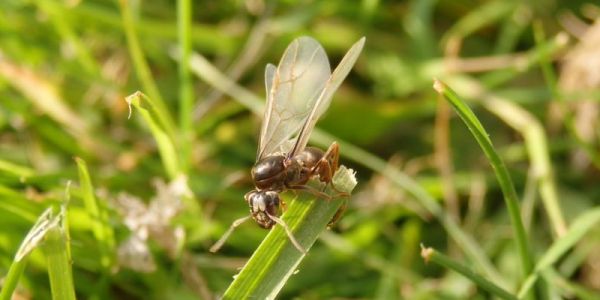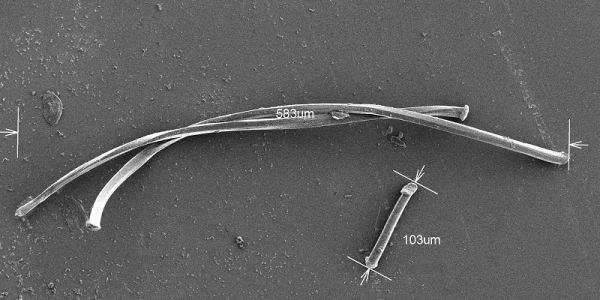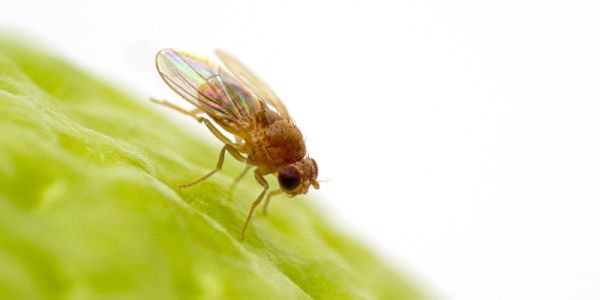
When love is in the air...
Researchers are asking everybody across the UK to help survey one of the most amazing phenomena in the insect world – when millions of ants take to the air for their nuptial flight.

Researchers are asking everybody across the UK to help survey one of the most amazing phenomena in the insect world – when millions of ants take to the air for their nuptial flight.

A new way to target a mutant protein which can cause the deadliest of cancers in humans has been uncovered by scientists at Leeds.

Scientists at the University of Leeds have developed an approach that could help in the design of a new generation of synthetic biomaterials made from proteins.

Scientists have made a breakthrough in understanding the process that leads to a blood clot forming in the lungs – a condition that kills more than 2,000 people in the UK each year.

Scientists have developed a new computational technique that allows them to see in finer detail the way protein molecules behave.

An international team of researchers has shed new light on the way viruses evolved highly effective ways of spreading disease.

Leeds is leading pioneering research into new technology for imaging babies with congenital heart disease (CHD).

A drug used to treat people living with Type 2 diabetes could also help improve their heart function, according to new research.

A group of citizen scientists is being recruited to help investigate the scale of microplastic air pollution inside people’s homes.

Heat-induced male infertility will see some species succumb to the effects of climate change earlier than thought, new research warns.